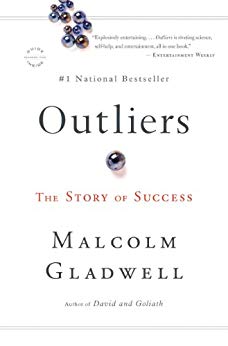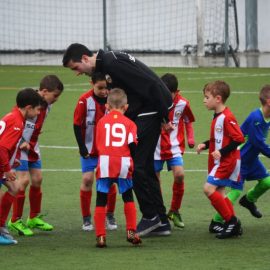

This article is an excerpt from the Shortform summary of "Outliers" by Malcolm Gladwell. Shortform has the world's best summaries of books you should be reading.
Like this article? Sign up for a free trial here .
What is the accomplishment of natural growth? Why is this hands-off approach to parenting possibly harmful to your child? Learn more from Annette Lareau and her studies of parenting styles.
Two Ways to Parent
Our families have a huge role in cultivating our practical intelligence. A wealthy family creates opportunities for its children by sending them to good schools and paying for coaches and tutors. But a family’s wealth can also impact its parenting practices, affecting a child’s chances of success in less direct ways.
When Annette Lareau followed the families of twelve third graders, they expected to observe various parenting styles. Instead, what they found were two distinct philosophies, and the parents divided along class, rather than racial or cultural, lines.
Natural Growth: Working-Class Parent’s Approach
The accomplishment of natural growth is a parenting style where kids don’t have play time orchestrated by their parents. Instead, children in natural growth styles made up games with their siblings and neighbors and played in the backyard. This parenting style is a hands-off approach. Parents feel responsible for caring for their children, but they leave them to develop naturally, on their own.
This often is the parenting style of poorer families, where parents may not have the time to oversee their children closely.
Traits of Natural Growth Parenting
- Parents with natural growth parenting consider their children’s interests as facets of their personality rather than sources of potential talent.
- They tend to command rather than explain.
- Parents with natural growth parenting do not expect their children to express opinions that are counter to an adult’s.
- They are passive around authority figures, teaching their children to be passive as well.
Benefits of Natural Growth Parenting
- Kids are better behaved and don’t complain as much.
- They are creative, due to time spent playing imaginative games with their peers.
- They are more independent.
An example of natural growth parenting is a daughter whose whose only extracurricular involvement is her participation in choir practice, which she walks to by herself. Her mother does little else to nurture her daughter’s gift and considers her artistic interests “cute.”
Comparing the Approaches
Neither parenting style is “better,” but concerted cultivation results in children with a sense of entitlement, or a feeling of the right to pursue their individual preferences and to shape their interactions. While we tend to think of entitlement as a bad thing, it may be a foundational pillar of success. Children with a sense of entitlement know how to ask for what they want and get it. They know how to play by the rules of life and win.
In contrast, kids from working-class and poor families, raised in a natural growth parenting style, didn’t seem to know how to manipulate an environment to get what they wanted. They never made special requests of teachers or advocated for themselves. They weren’t comfortable around adults and even felt distrust.
Children from middle-class families are not born with more practical intelligence than their working-class peers. They learn it from their families, and are therefore in a better position for success as they grow older. Practical intelligence is a cultural advantage.
Of Lewis Termer’s Termites, the high-IQ kids who came from the wealthiest families became the highest-achieving adults. We can infer that their success was due in part to the practical intelligence they learned from the way they were raised.
We can add entitlement to the long list of advantages of children from wealthy and middle-class families.
Lacking Practical Intelligence Limits Your Potential: The Stories of Two Geniuses
Christopher Langan is the smartest man alive, with an IQ of 195 (for comparison, Einstein’s was 150). But he has spent most of his life as a bouncer in a bar.
Robert Oppenheimer was also a genius. The theoretical physicist and father of the atomic bomb was one of the most important figures of the 20th century.
Why are the career trajectories of these two geniuses so dramatically different?
———End of Preview———

Like what you just read? Read the rest of the world's best summary of "Outliers" at Shortform . Learn the book's critical concepts in 20 minutes or less .
Here's what you'll find in our full Outliers summary :
- What makes some people outliers, and most others not
- Why some genius outliers end up failing in life
- Why Asians are good at math, and other curiosities of culture






